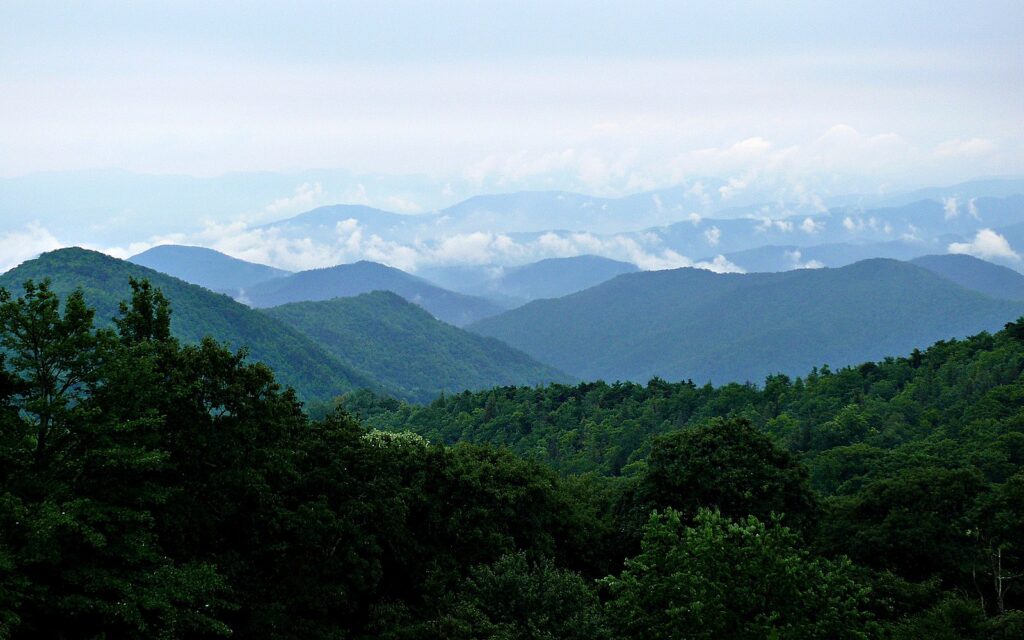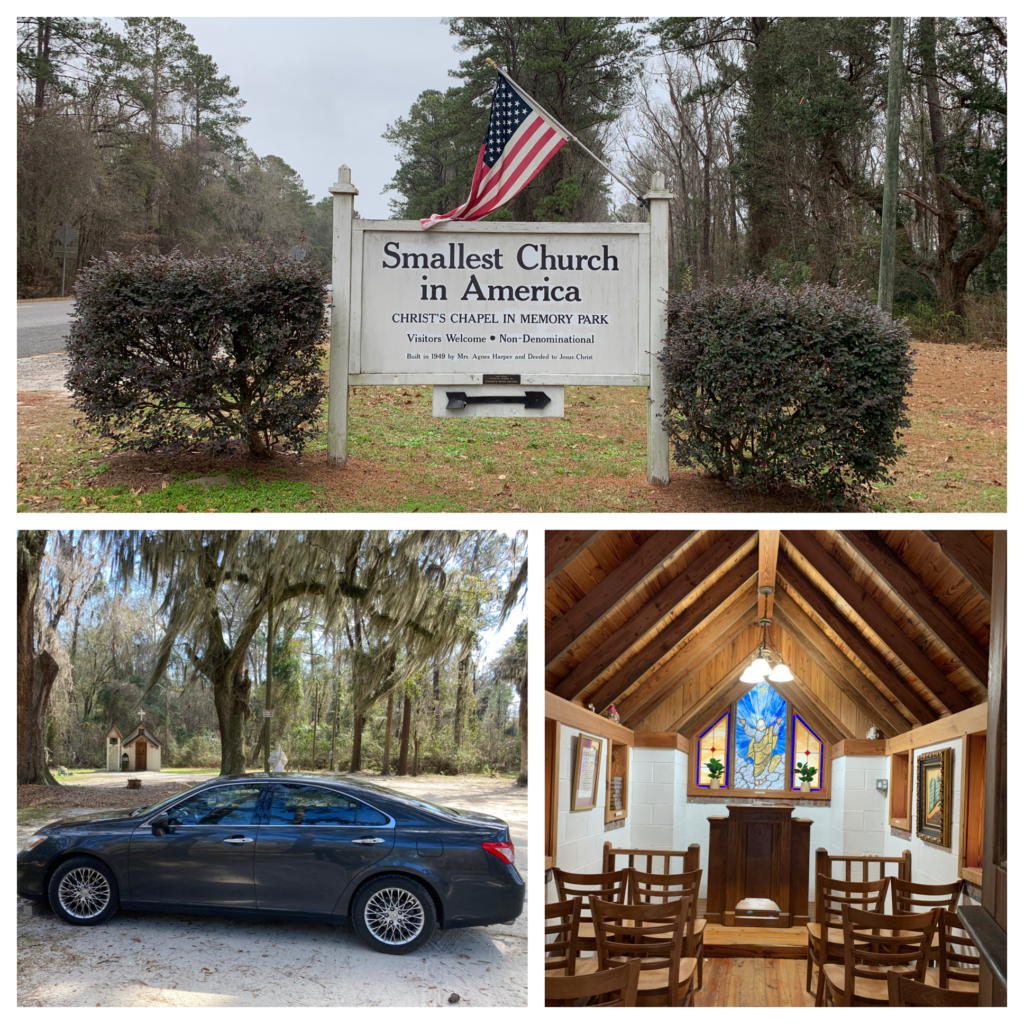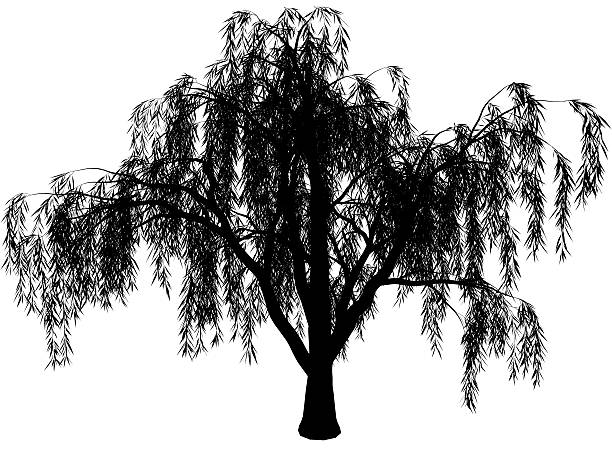She calls herself Trish, though, on reflection, that may well have been a gesture toward drowsy travelers in the Florida motel where she tidies up the breakfast counter and replenishes coffee urns. She moves among the tables deftly clearing away clutter and resetting furniture. As the room falls silent, she asks us, the last of the crowd, ‘And where are you from?’ It then emerges that she, too, has a bond with the Carolinas: she loves Cherokee in the western Blue Ridge mountains, scene of her ancestral roots. Somewhere a curtain is slowly drawn back, and a hint of epic story edges into view.

Her mother, she says in a half-whisper, was full-blooded Cherokee. During childhood they would visit mountain family there, learning that by ancestry they had rights to indigenous land in those Carolina hills. The recounted events of the tribe’s mass removal to Indian Territory in the winter of 1838, the Trail of Tears and Death, lodged forever in a young girl’s memory. But not all, it seems, had been dragged away. A handful of resisters had scattered into the backcountry sustained by hand-to-mouth existence, later to creep back – bereft as they were – to the tribal hearth. Though entanglements of family would never permit Trish to go back to the Blue Ridge except in her dreams, a memento of that wincing story remained to her: a small leather pouch once possessed by a medicine-woman ancestor. “It is the most precious thing I own,’ says Trish. ‘If fire or hurricane were ever, God forbid, to sweep this town, I would brave it all to save that one possession.’
But her family experience with history’s traumas leads elsewhere, too. I ask if she knows anything of the story of the neighboring town of Rosewood, FL where in 1923 a pogrom* erupted. There, a Jim Crow mob had run amok in a hamlet of African Americans. Trish describes the scene as though she had witnessed it herself: caravans of Model Ts, their headlamps piercing the darkened pine forest, threading county roads from surrounding towns, descending on Rosewood in rage. One by one humble homes turned into torches in the night as bewildered survivors fell in the flickering light to bludgeons and shotgun blasts. Some found refuge in the home of a white shop owner, while others vanished into the surrounding woods never to return. She pauses to add, ‘My great uncle – a white man – led that mob. He was a terrible racist.’
Lest anyone think Trish might buckle under the crush of such a past, she tells with scarcely concealed pride of a granddaughter, of all her progeny, who inquires intently now about those Cherokee roots in the Blue Ridge. The girl tells her, ‘Grandma, when you’re gone, I want that medicine pouch.’
One could well imagine that somewhere in the ancestral roll, ‘Trish’ might also bear a name more akin to ‘Stands Like A Rock’. Such is the pride and strength of a breakfast attendant at a motel in Florida.
*Yiddish term originally from Russian for ethnic or religious ‘cleansing’ by destruction of a village or settlement.



Good to hear from you! I really appreciate you blogs and look forward to the next one!
Your Traipse offerings are always a highlight for me. Also loved seeing the picture of you and your love in front of the Philadelphia LOVE statue.